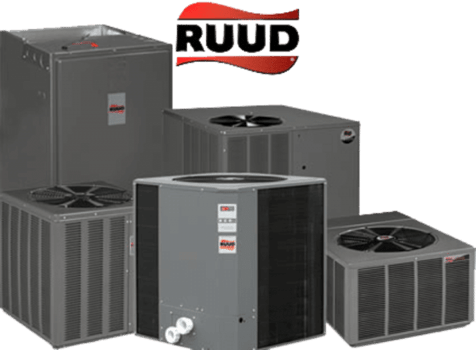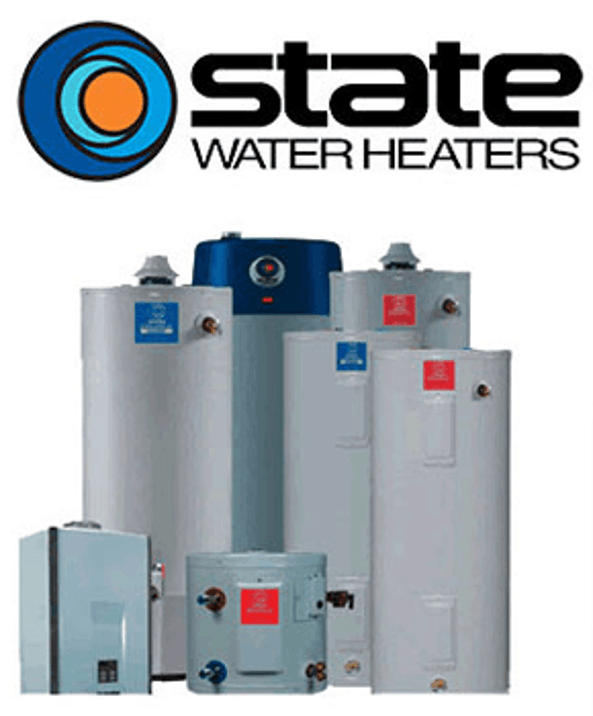Balancing Humidity for a Cozy Home and Efficient HVAC

When we talk about a comfortable home, temperature often comes to mind first. But there's another key player in the game of comfort: humidity. This is not just about how hot or cold our rooms are—this is also about how moist or dry the air feels. This unsung hero of home comfort can greatly affect our overall well-being. Dive into the world of humidity and learn how to strike the perfect balance for a comfy, cozy home.
The Impact of Humidity on Comfort and Health
Humidity levels in our homes can make a big difference in how we feel. When the air is too damp, our homes can feel stuffy and warmer than they actually are. This extra moisture can also encourage mold growth, which isn't good for our health. Air that's too dry can cause problems like dry skin, irritated eyes, and even nosebleeds. This can make our homes feel cooler and less comfortable in winter months, too.
Keeping the right balance is key. Too much moisture can make us feel hot and sticky in summer, while too little can leave us feeling cold and dried out in winter. By managing humidity, we can make our homes feel just right, all year round.
The Importance of Humidity in HVAC Efficiency
Your HVAC system works hard to keep your home comfortable, and humidity levels play a big role in how well it can do its job. When humidity levels are too high, your air conditioning has to work overtime to remove the excess moisture, which can wear it out faster and hike up your energy bills. When the air is too dry, your heating system has to work harder to warm up your home.
Maintaining the right humidity level helps your HVAC system run more efficiently. It won't have to struggle against extreme moisture levels, saving you money on energy costs and extending the life of your system.
The Role of Dehumidifiers and Humidifiers
Dehumidifiers and humidifiers are essential tools in maintaining ideal humidity levels in your home. They work opposite to each other but towards the same goal: balanced humidity for optimum comfort and HVAC efficiency.
Dehumidifiers are heroes in environments where moisture levels are high. They operate by pulling in air and removing all the excess moisture. Then they release the drier air throughout your entire home. This process is particularly helpful during hot and humid summer months or in naturally damp areas of your home, like basements. By reducing moisture, dehumidifiers help prevent mold growth, reduce allergens, and make your air conditioning system more efficient.
Humidifiers add moisture to the air, which is especially helpful in very dry climates or throughout the cold months in the winter when your indoor air quality becomes dry due to heating systems. By emitting water vapor or mist into the air, humidifiers alleviate issues from dry air, such as irritated respiratory tracts, dry skin, and static electricity. They can make heated air feel warmer, allowing for potentially lower heating settings and saving on energy costs.
Both these devices play a critical role in not just maintaining comfort but also in protecting the integrity of your home and health. While dehumidifiers ward off moisture-related problems, humidifiers bring relief from the dryness, making them indispensable in their respective roles for a balanced home environment.
The Perfect Balance for Comfort and Efficiency
If you're looking to optimize your home's humidity levels for better comfort and HVAC performance, consider reaching out to a professional at Henry's Service All for advice and assistance. We can help you find the perfect balance for your home, making it the cozy retreat you deserve.











